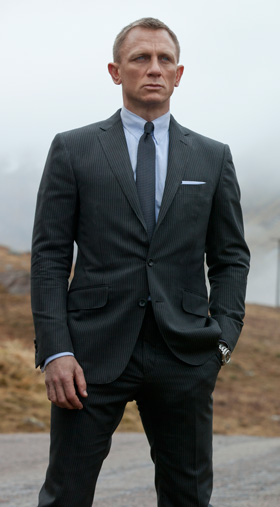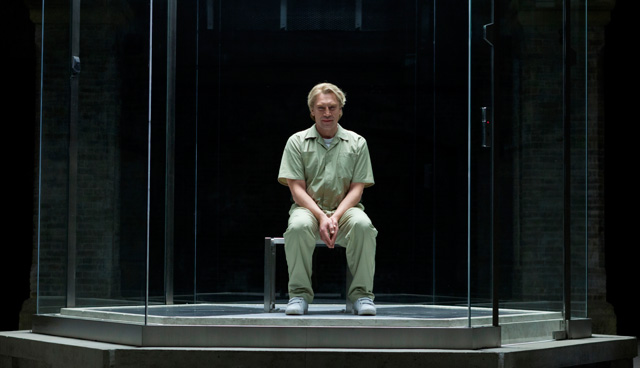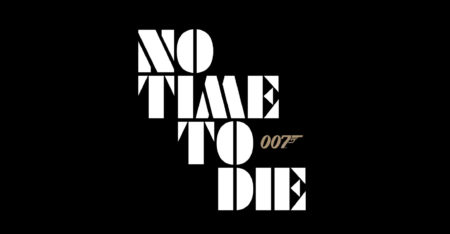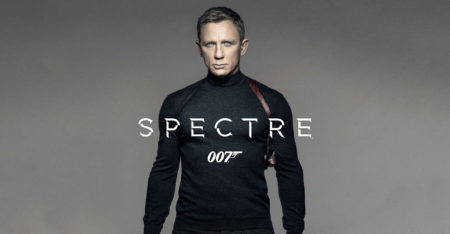Skyfall takes James Bond to darker, more personal places than any other film in the series ever has. Before the film rebuilds him, its Bond is a wreck, pill-popping and borderline alcoholic, his nerves as shattered as his body is dilapidated.
He’s an anachronism, a symbol of the withering influence of the former empire which he serves as a member of the secret service. In Skyfall, everything you think you know about James Bond is craftily inverted, subverted or shown in a new light. With its character-driven story, excellent visuals and superb acting, it is one of the five best Bond films of all time.
At the start of the film, we catch up with Bond as he chases down a mercenary through the landmarks of Istanbul to recover a stolen hard drive containing information about undercover agents embedded in terrorist cells. The chase ends with Bond missing and presumed dead — all of this before the title credits kick in.
The film follows Bond as he tries to recover the missing drive, eventually coming into conflict with terrorist Raoul Silva (Javier Bardem), who is pursuing a vendetta against Bond’s boss M (Judi Dench in her seventh Bond film). Bond steps up not only as a servant of Her Majesty, but also as a surrogate son to M as he tries bring Silva to justice.
Director Sam Mendes continues the process of reinventing Bond as a more grounded action hero that the series began with Casino Royale in 2006. Royale — Daniel Craig’s debut as 007 — introduced Bond as a cocksure youngish agent who has just earned his licence to kill.
Skyfall ages him to a point where his colleagues wonder whether he has the steady aim, robust health and mental composure for the job. More to the point, they wonder if there is still a place for a secret agent in a world where there are no secrets. Her Majesty’s blunt instrument seems more like a liability than an asset.
Craig — his face lined, ears protruding, eyes sunken — embodies the world-weariness of an old gunslinger trying to make peace with changing times. This Bond has much in common with the Bond of Ian Fleming’s books — a dutiful, cold-blooded killer, but also fallible, fearful and vulnerable.
The film centres on the orphaned Bond’s complex relationship with M, played by Dench as an icy professional with an acid tongue. Dench’s M — who chastised Pierce Brosnan’s Bond for being a “sexist, misogynist dinosaur” and a “relic of the Cold War” — now faces the question about whether she is as out of step with the times as Bond.

By revealing new dimensions to both of these shopworn characters, Skyfall offers a psychological and emotional depth not often seen in an action film. Though Bond normally works to rescue the whole world from doom, the stakes feel higher in a film where he is simply trying to save his boss’s life and career.
Bond is given a worthy villain with whom to tango in the form of Bardem’s Silva, an urbane computer genius with the mannerisms of Hannibal Lecter and bleached hair that brings to mind Julian Assange. The first memorable confrontation between the two has Silva trying to slither inside Bond’s mind much as Lecter tried to invade Clarice Starling’s thoughts.
Skyfall might not be the best Bond film yet but it is the best looking to date. Lensman Roger Deakins, who often works with Mendes and the Coen brothers, composes his exteriors with the panoramic sweep of a Western. Every shot is beautifully framed and pregnant with significance.
Mendes and Deakins also excel at the action sequences. Highlights include a chase through the landmarks of Istanbul as well as a fight against the neon backdrops of Saigon’s high rises. The finale, meanwhile, is a nail-biting siege that recalls Straw Dogs more than it does the raids on outlandish volcano lairs and underwater bases in earlier Bond movies.
With the serious-minded director of Jarhead, Revolutionary Road and American Beauty at the helm, Skyfall might sound rather dull and serious for a James Bond movie.
M makes the sort of ambiguous moral choices that never existed in Bond’s world before. She even quotes Tennyson in a pivotal part of the film — “Though much is taken, much abides” — and it’s clear she’s talking about the Bond franchise, Bond as a character, and England post-recession and post war-on-terror.
There’s talk about the end of empire, about loss of moral certainty, about ageing, about how we create our own enemies. When the film ends, it is on an affirmation of Bond’s heroism, but Bond’s victory has never been more ambiguous than it is in Skyfall.
To Mendes’s credit, he flirts with these themes without surrendering to the self-importance and dourness that made Christopher Nolan’s The Dark Knight Rises such a chore to get through. Skyfall — which is being released in the 50th anniversary of the first Bond movie — walks a deft line between witty celebration and subtle elegy.
Much of the humour comes from Bond’s quartermaster — Q (Ben Whishaw). This time, he’s an arrogant, smart-as-a-whip youngster who not-so-gently mocks Bond for being an old warship, rather than a doddering old coot chiding Bond to grow up.

Bond still flips out some one-liners, though they are sometimes more bitter or resigned than insouciant. The action sequences, always elegantly composed and coherent, kick some serious butt. And there are many callbacks to older Bond that will delight fans.
Skyfall misses a few beats. Some of the action sequences — notably a fight that takes place in a pit of man-eating Komodo dragons — feel a little out of place in Daniel Craig’s more grounded Bond universe. The product placement that has long run rampant in Bond films is still around and as obnoxious as ever. (Bond is welcome to change with the times, but I’ll never buy him as Heineken drinker.)
And it’s disappointing that the Bond girl — the stunning Bérénice Marlohe as Sévérine — never gets to play the pivotal role in Skyfall the earlier parts of the film hint at. But those are minor drawbacks. Skyfall surprised me with the places it went, something few action films do. It is a great Bond film, a great action film, and possibly even a great commercial film, full-stop. — (c) 2012 NewsCentral Media
Read more: Tennyson in 2012 and James Bond: a poster boy for the new serious




